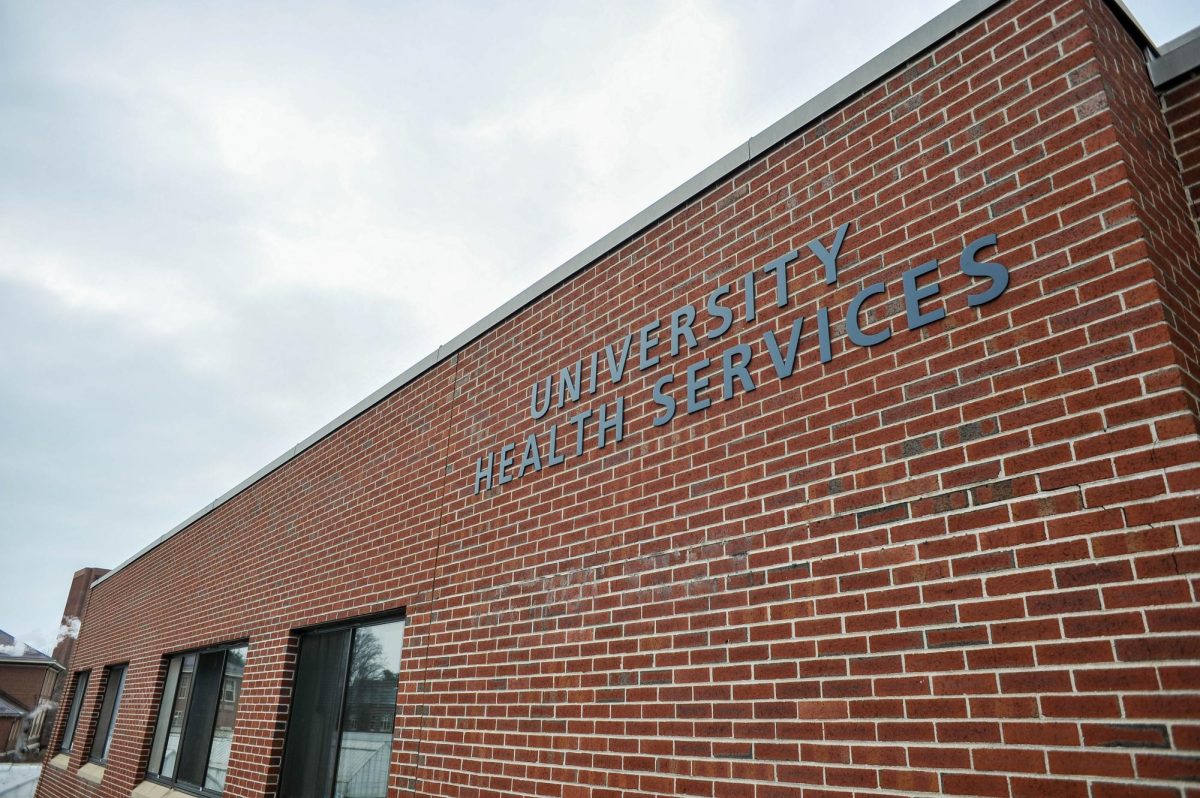
While I will not fault Yevgenia Lomakina on questioning contemporary public morality, I do take offense with many of her other points concerning sex education, Planned Parenthood and her seeming justification of rape when alcohol is involved.
I don’t think anyone would disagree with attempting to decrease the abortion rate. Limiting the availability of abortion services is not the way to achieve this goal: Abortions will just go underground, as they were before the Roe vs. Wade ruling. Only by providing women with easy access to contraception and sex education will we lower abortion rates; its social conservative efforts to limit access to reproductive services and education, not Planned Parenthood, that account for our high teen pregnancy rate, which is the highest in the developed world.
Furthermore, Ms. Lomakina’s claim that women are “victim[s] of her own choices” in certain instances of rape is abhorrent. Rape is wrong, no matter what the victim wore, drank, said or did leading up to an assault. The blame rests squarely with the perpetrator and anyone else that failed to intervene. That said, I find it particularly alarming that such an odious claim would be repeated in a liberal college newspaper by a female columnist; it is clear that a lot more needs to be done to change perceptions of rape victims.
Ms. Lomakina later makes the dubious claim that contraception use doesn’t reduce abortion. Not only is this an unsighted, doubtful claim, it defies logic: Contraception use reduces unwanted pregnancy, hence fewer abortions. Her claims in regards to leaving sex education to families, is likewise dubious: Abstinence-only education programs in schools essentially did just this and the failures of that program are very well documented.
Planned Parenthood provides badly needed reproductive and women’s health services, often to low-income women. Abortion, as Ms. Lomakina mentions, is only three percent of the services it provides. Contraception, education, cancer screening, STD treatment, vasectomies/tubal litigation, among others are the other vital services it provides. Despite claims to the contrary, it is not a business; it receives most of its funding from private donations and provides, as Ms. Lomakina rightfully claims, subsidized care – not a normal model for a profitable business.
Only by making reproductive health services affordable and accessible will we lower the abortion rate. The stakes are very high. The Republicans are on the cusp of gutting one of the pillars of woman’s reproductive rights in this country and they must be defeated.
Jonathan Allen
UMass Student
Dear Editor,
Intrigued by the title and apparent topic, I read carefully Tim Jones’ article “No, I do not drink, yes I go to Zoomass”, published Feb. 24. I admire his discipline in abstaining from alcohol throughout his undergraduate career, and credit his valiance in writing an article standing up for his practice and perspectives.
However, I think his article – littered with rash generalizations and bold statements – lacks a central argument. While, in the process, he glosses over some substantive issues relevant to this campus, overall, his piece was a self-reflective narrative in which he laid assault on the general population in order to pose himself as a distinct and righteous character.
Although the reputation has faded significantly, the University of Massachusetts remains by and large to be considered a party school, with many students proudly helping to represent it as one. Alcohol has an enormous presence at UMass: This is incontestable. Every week, drinking, often in the form of a binge, induces a myriad of bad decisions, and results in vomit, car accidents and theft.
As a matter of fact, two years ago I wrote an article published as an editorial-opinion piece in the Daily Collegian illustrating the tribulations of living in a party house, particularly the unnecessary amount of stolen and broken items. In other words, I am in agreement with Mr. Jones that many behaviors associated with drinking are deplorable.
However, I emphatically object to his assertions towards and labeling of the typical student who drinks. For example, he expresses his discontent with people assuming he drinks, fearing many would therefore associate him with extremes such as drunk-driving and violence. I know very few, if any, whom upon finding out someone drinks, brings to mind drunk-driving and vandalism. Same goes for stereotyping a white 20 year-old college student with a fraternity and 30-rack of “Natty light,” another claim of his that is largely untrue, even if he himself has experienced it.
Amidst all his harsh criticism towards the common student who apparently belongs to the “large part of today’s culture [that] consists of people who do not have anything in life going for them besides liver capacity,” he neglects to acknowledge, or even postulate as to why so many people choose to drink.
I for one enjoy drinking, whether it be a couple beers at a local pub, or the 30-second-long keg stand I performed at a Smith College party last week. Beer – especially India Pale Ales – and bourbon are delicious. I’m anything but violent, and never consider drinking and driving. But most importantly, I’m not the least bit concerned about people labeling me. There are plenty of others like me. We drink responsibly and enjoy it; we also respect those who don’t drink, that is if they have a more legitimate reason than an irrational fear of being labeled as a fraternity brother who drinks Natural Light – as if those people are worthless in the first place. In the end, Mr. Jones is the one making assumptions about everyone else. Whether he orders a tonic with or without gin, I’m quite certain his peers wouldn’t think any differently.
Daniel Schwartz
UMass Student 2011







Sara • Mar 3, 2011 at 4:44 pm
Such astoundingly eloquent responses to an article so hastily put together.
Thank you for these well written pieces that both defend appropriate ideals and mend the misinformation previously presented by Ms. Lomakina.